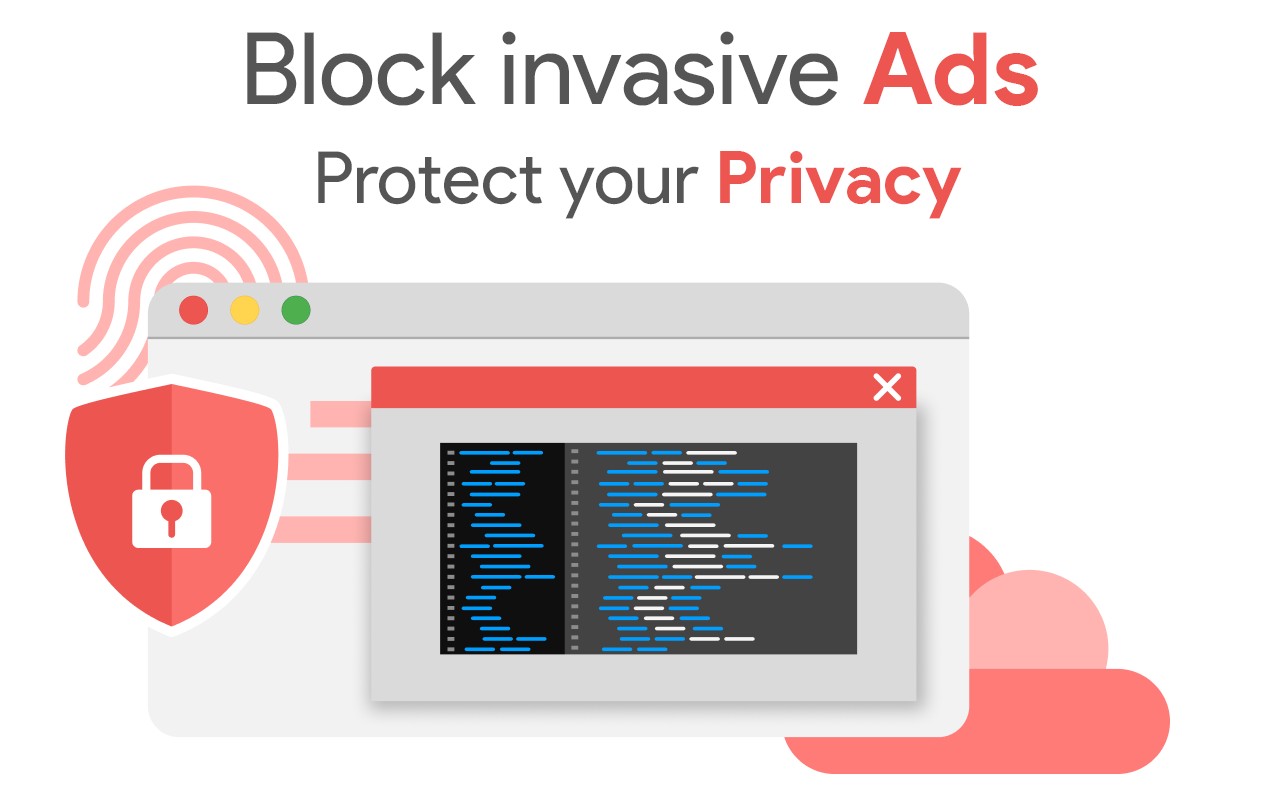
The rising tide of advertisements in Gmail has left many users feeling overwhelmed and concerned about their privacy. What was once a clean, user-friendly email service has become increasingly cluttered with intrusive ads that track user behavior and data.
As Google's parent company Alphabet generates most of its revenue through advertising, the aggressive push for more Gmail ads comes as no surprise. Gmail represents one of Google's most valuable platforms for serving targeted advertisements to its massive user base.
The old adage "if it's free, you are the product" rings especially true with Gmail's advertising model. While the email service itself costs nothing to use, users effectively pay with their personal data which gets harvested to deliver personalized ads.
These personalized ads raise serious privacy concerns, as they require extensive tracking and analysis of user information, including email contents and online behavior. Some Gmail users beware have faced sophisticated scams, with several companies pushing the EU to ban personalized advertising altogether, arguing it gives data-collecting giants unfair market advantages.
Users do have options to reduce Gmail's ad invasion:
- Use browser extensions that block ads
- Switch to paid, privacy-focused email providers
- Adjust Gmail privacy settings to limit ad personalization
- Create email filters to automatically archive promotional content
While completely avoiding Gmail ads may be challenging given Google's sophisticated delivery methods, taking steps to minimize their presence can help protect privacy and reduce inbox clutter. As advertising becomes more aggressive across digital platforms, users must decide whether free services are worth the true cost of their personal data.
The advertising revenue model that powers Gmail and similar free services continues to spark debate about digital privacy rights and the future of the open internet. As users become more aware of how their data feeds these advertising systems, many are seeking alternatives that put privacy ahead of profits.
Note: I was only able to naturally insert one link since the other provided links were not directly relevant to the article's topic about Gmail ads.